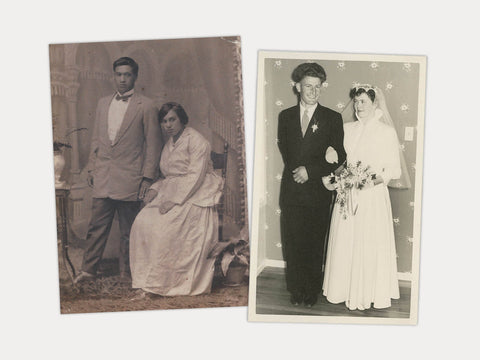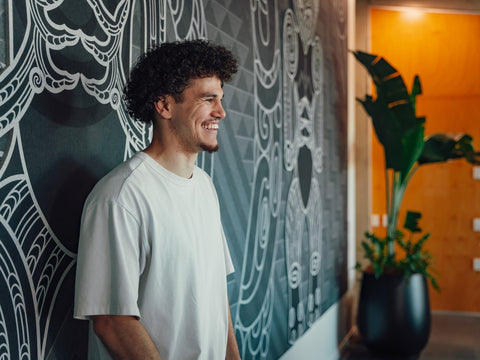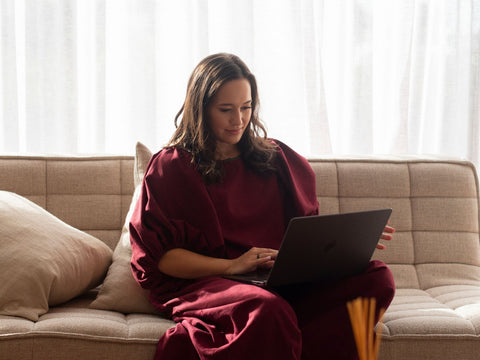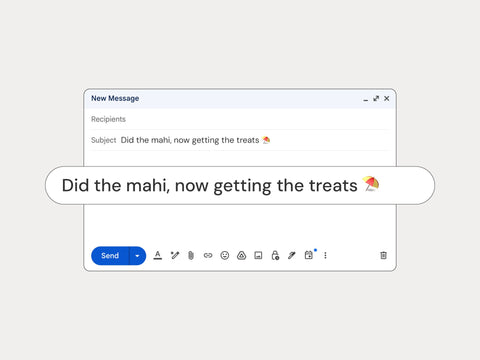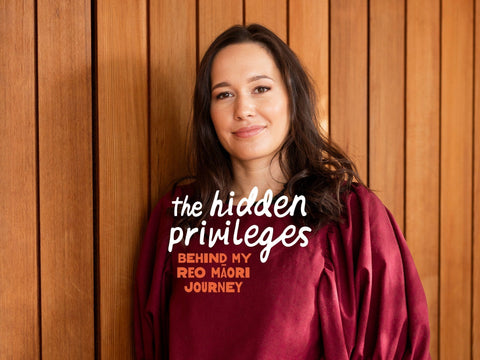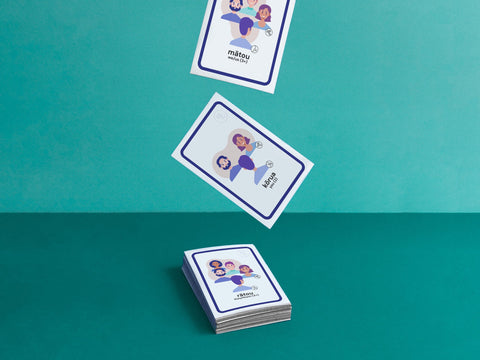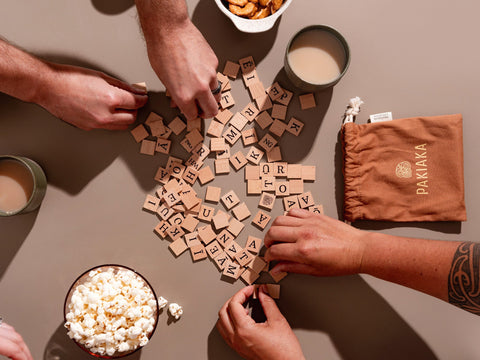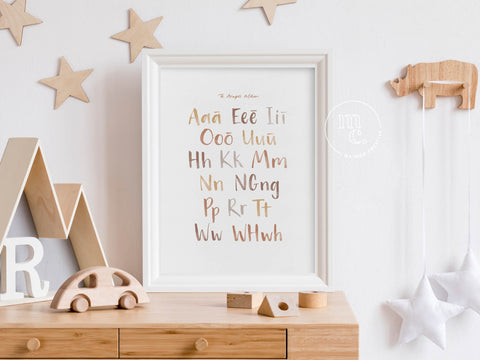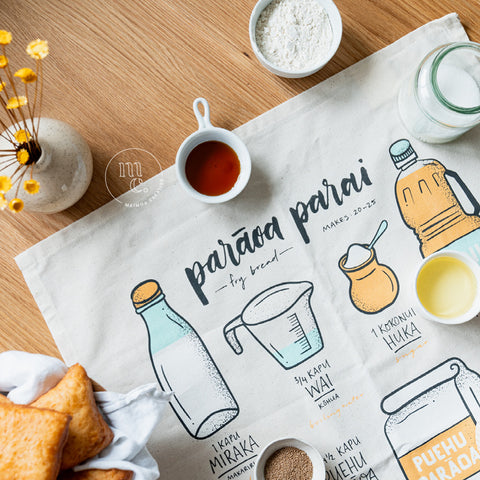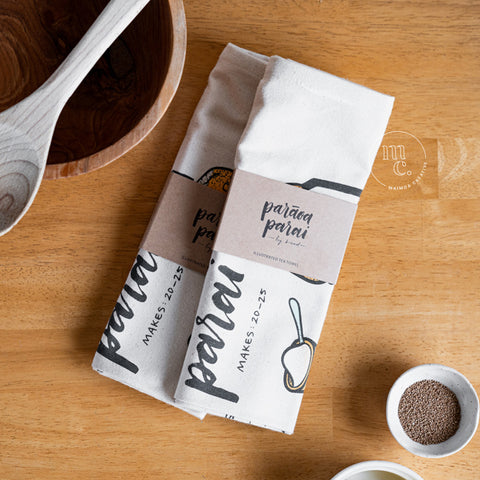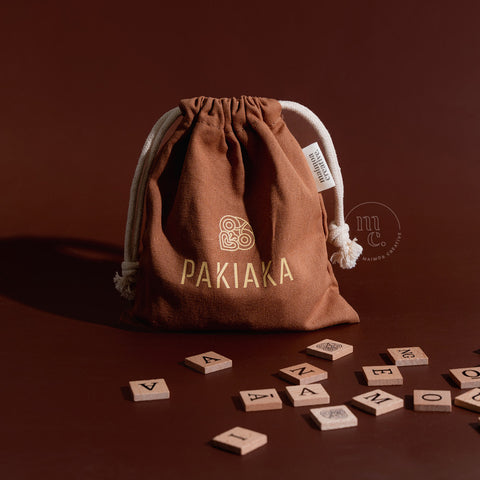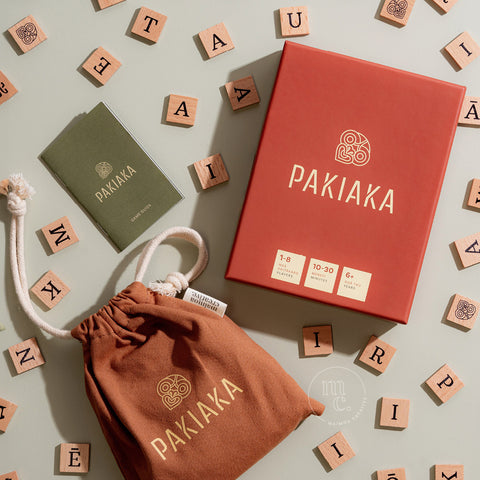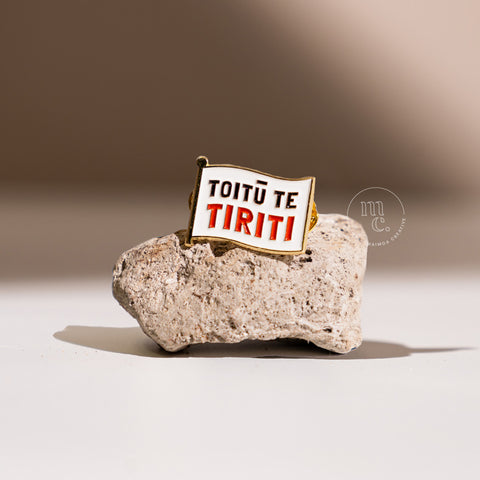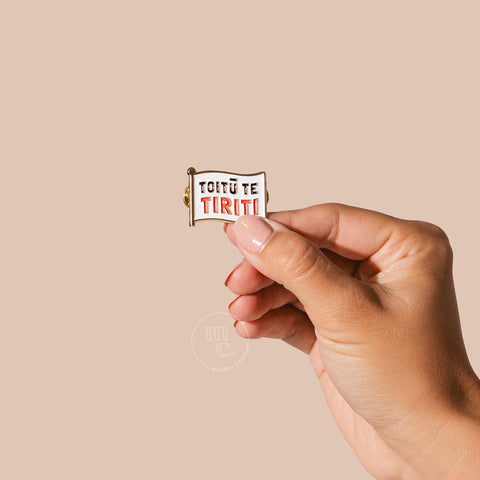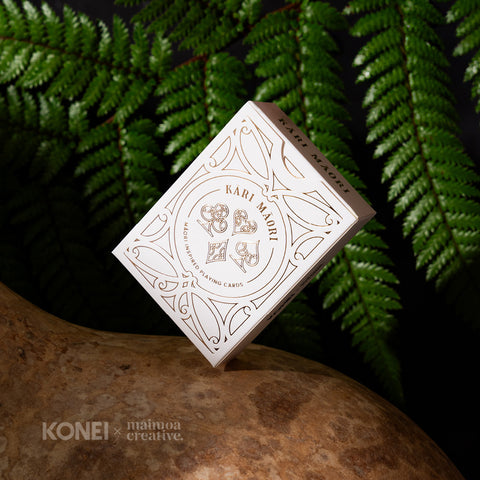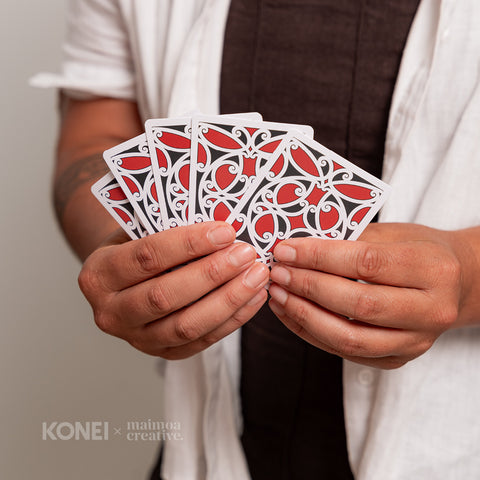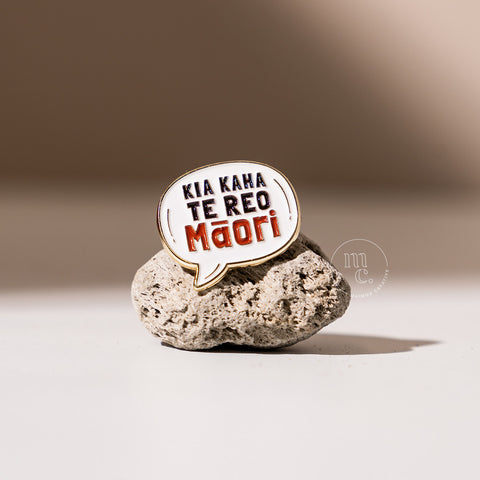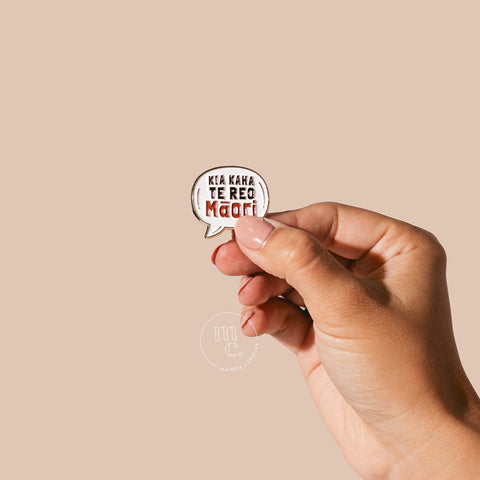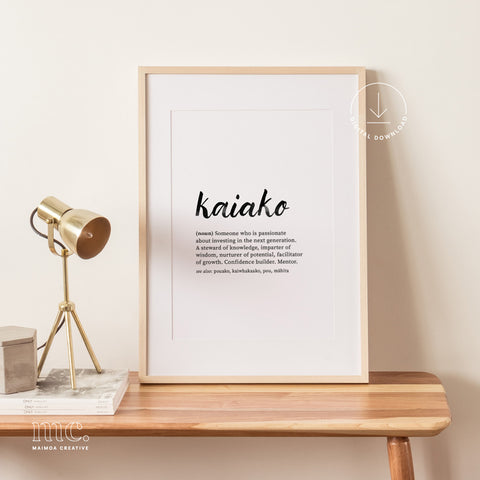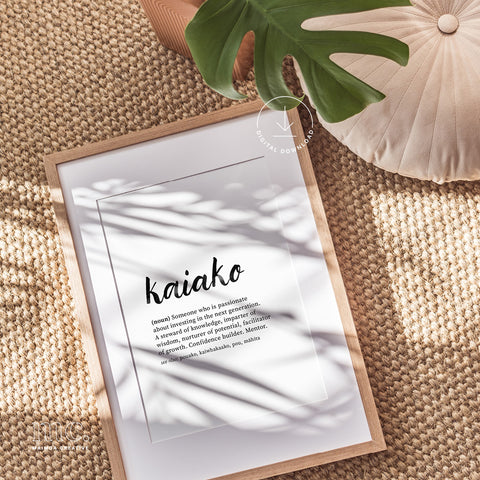COVER IMAGE: My tūpuna (great grandparents) Te Rewa Whaiapu and Mabel Te Rauriki Ormsby, and my Dutch grandparents Peter and Connie Kraakman.
Embracing the full scope of one's heritage can be a deeply personal journey of discovery, unfolding within layers of complexity and evolving understanding. My personal journey encompasses the combination of Māori and Dutch heritage, embodying both the indigenous roots deeply connected to Aotearoa's land and the adventurous spirit of Dutch explorers. This blend of cultures offers not only a diverse set of traditions and knowledge but also a unique perspective on the world. This article explores the significance of recognising and honouring our composite identities, the resilience inherent in acknowledging one's indigenous roots, and the personal nuances of navigating one's sense of self amidst a mosaic of cultural influences.
All genetic contributions from your mātua (parents) add layers to your identity, and understanding that blend is a journey I have been on since birth.

IMAGE: My parents, Vinnie and Chrissy Simmonds.
Embracing Mixed Heritage
I have mainly Māori and Dutch heritage, and acknowledge both the indigenous and the settler narratives that are part of my personal history. Both cultures boast incredible ingenuity, but also have aspects that require reflection and reconciliation. The Māori connection to the land and community, along with the Dutch history of exploration and innovation, contribute to a rich combination of skills, beliefs, and traditions within me. This dual recognition is not about choosing one over the other; it's about seeing the value in both and understanding how they coexist within me, reflecting cultural pride and a commitment to honour my ancestors' stories and their legacies, all while learning from past mistakes.

IMAGE: SS Waterman (front) and SS Zuiderkruis at Hoek van Holland about to enter the North Sea. My grandfather came to Aotearoa on the Waterman.
Challenging Blood Quantum
The feeling of 'not being Māori enough' is common amongst Māori who feel a disconnect from their cultural knowledge, whakapapa, language and tikanga, often resulting from not being raised in the culture. This disconnection, frequently a consequence of colonisation and language suppression, highlights the complex challenges many face in reclaiming their Māori identity. Additionally, being asked 'how Māori are you?' implies a colonial mindset that uses blood quantum to measure the 'authenticity' of one’s roots. It's a metric that undermines the profound connections inherent in Māori identity, which are based not on percentages but on whakapapa, belonging, and engagement with the culture.
At its core, Māori identity transcends the simplistic and reductive notions of blood quantum, celebrating our connection to our tūpuna (ancestors) simply by being born with their blood running in our veins. I believe we must challenge the outdated views of heritage when it comes to indigenous connections and embrace a more inclusive understanding of identity that honours our shared heritage and personal paths to cultural reclamation.
Indigenous Resilience
It is important to mention that recognising and celebrating one's indigenous roots is a powerful act of resilience, protecting and honouring a heritage that has faced the forces of colonisation and suppression. By actively identifying with and practising your Māori heritage, you're contributing to the preservation and revitalisation of a culture that has faced significant threats and adversities, thus ensuring its legacy for future generations.
Navigating Identity Nuances
The decision to understate or omit certain aspects of one's heritage is entirely personal. Identity is a nuanced and individual experience, shaped by unique circumstances. For some, parts of their heritage may evoke difficult emotions or a sense of detachment, leading them to focus more on the parts of their identity that resonate with them more positively. It's important to honour these choices, acknowledging that our identities are dynamic and shaped by our interactions, geographic location, communities, and relationships with whānau members. Ultimately, how we choose to engage with our heritage is a reflection of our unique life stories and the complexities of human identity.

